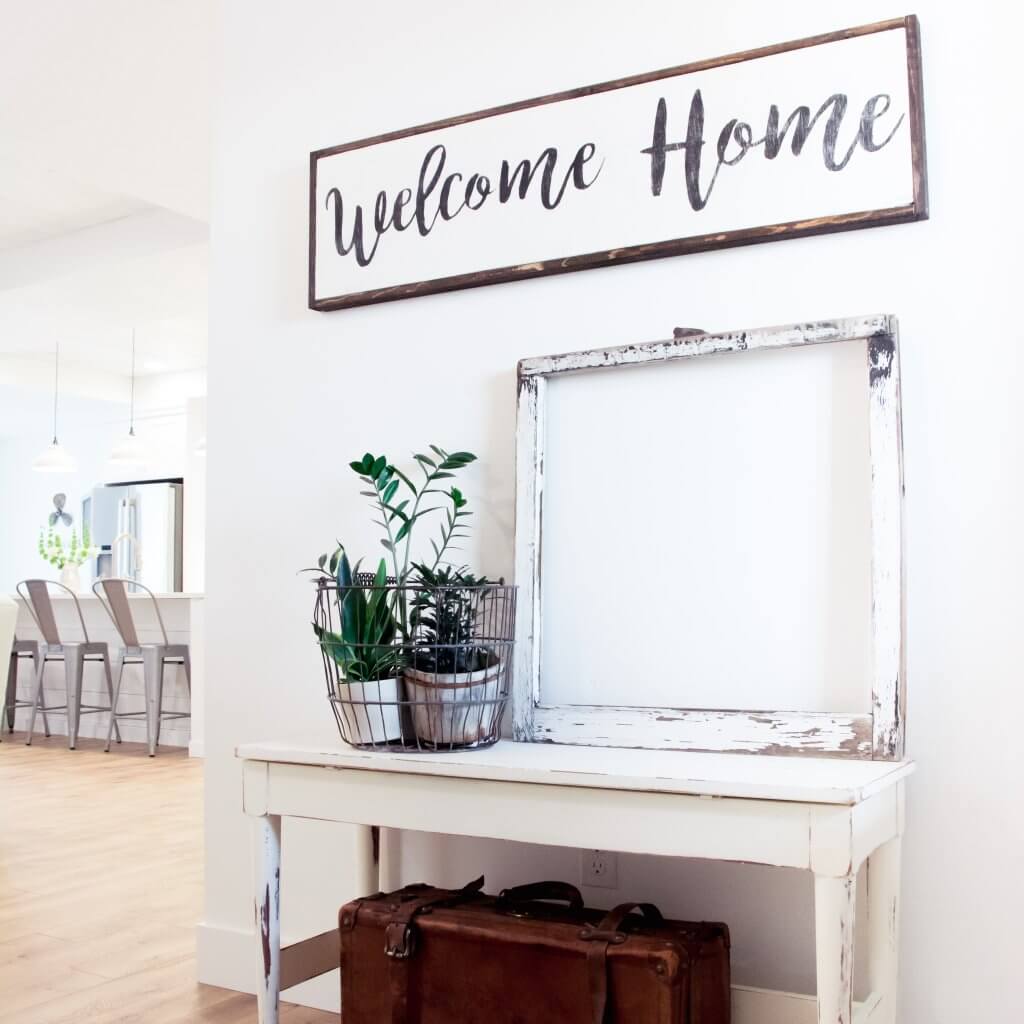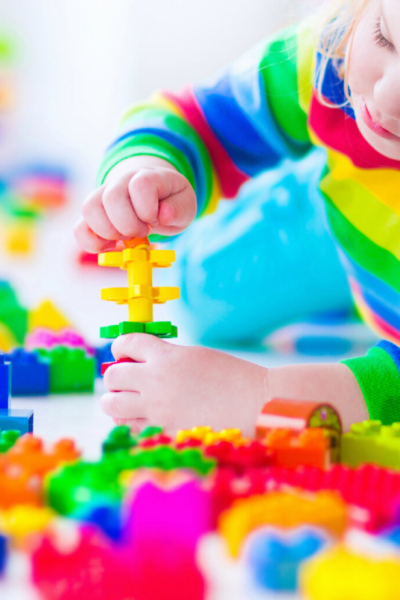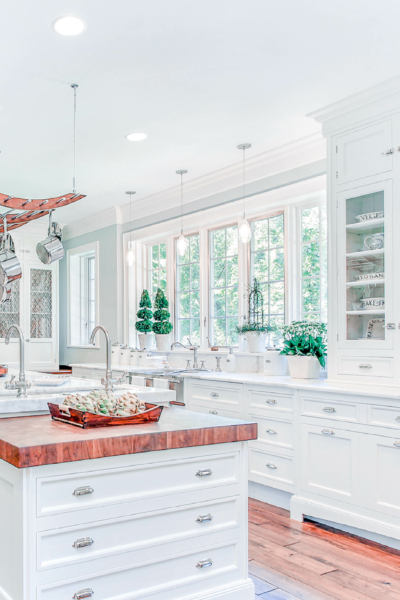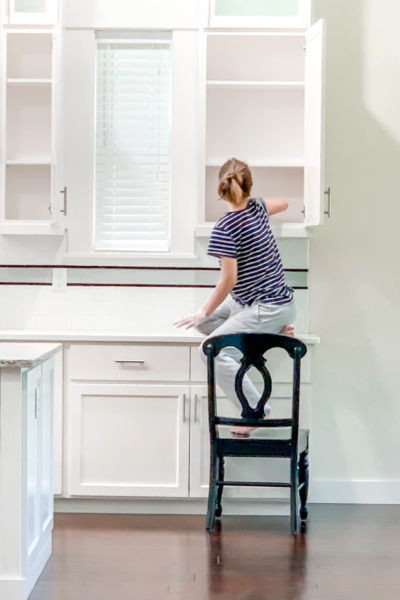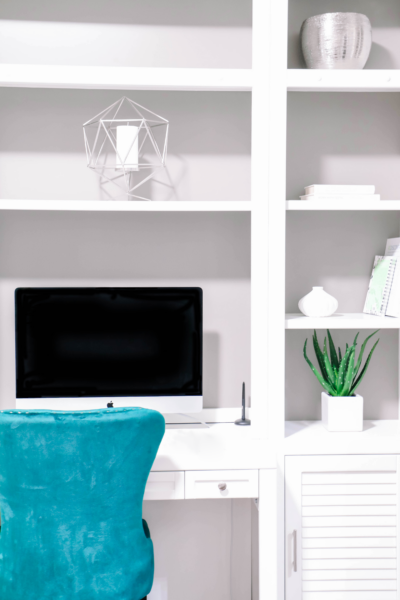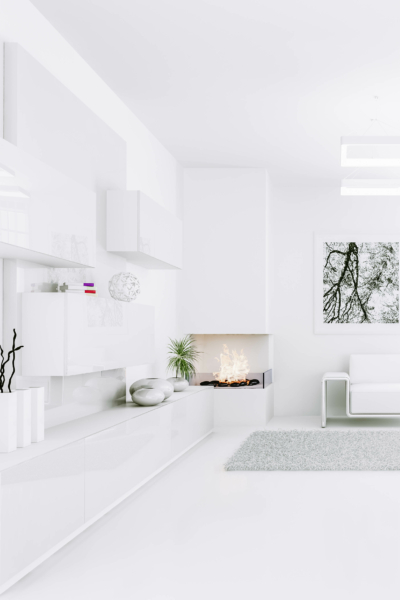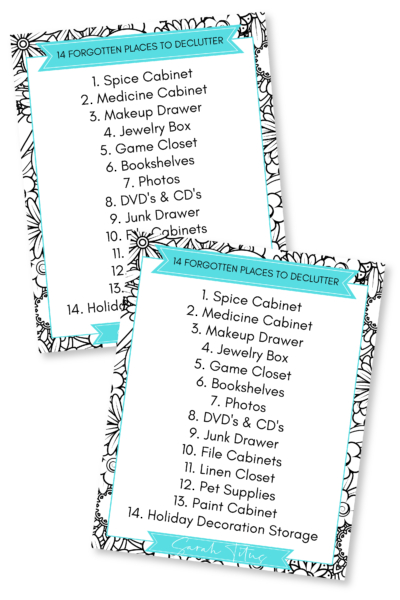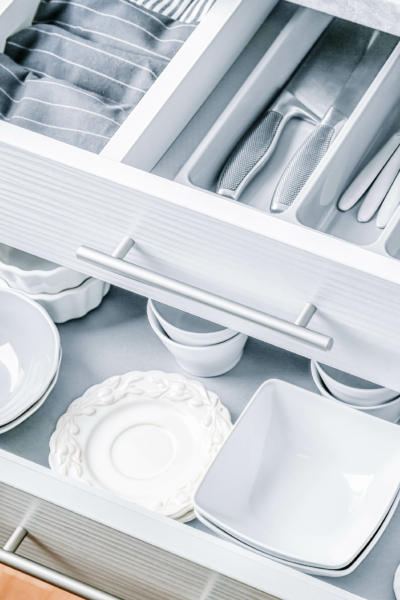We live in a world of excess.
There is too much of EVERYTHING.
Too many options…
Too many decisions…
And too much STUFF in our homes.
We spend so much time and energy on things we don’t want to and we call it adulting (like that makes it any better). What if we instead chose to eliminate excess to make room for more of what matters?
Say goodbye to chaos with these minimalist living tips!
Say Goodbye to Chaos with These Minimalist Living Tips
First, let’s talk about WHY it’s important…
- How do you feel when you walk into your home?
- What would your ideal home life look like?
- How would you be spending your time at home?
I want you to imagine what home would look like if you eliminated the excess to make room for more of what matters at home. What are you creating space for?
–>What matters most to you?
Have you ever considered the ways clutter impacts your home and life? Before we can work on eliminating clutter and saying goodbye to chaos, we need to understand the ways in which it affects us.
Clutter is a thief. It steals our time, money, and attention.
As you consider the ways that clutter takes from you, imagine what you would do if some of your time, money, and attention was freed up. Your vision and goals will be what drive your decluttering process.
The clearer the picture you have for the home and life you want, the more likely you will be to achieve your goals.
Time
There are so many ways in which clutter takes our time. This list isn’t exhaustive, but it sure is exhausting to think through how much time is stolen from us when it comes to clutter. You spend time:
- Researching
- Cleaning
- Maintaining
- Locating
- Organizing
- Moving
Before we buy new things, we often spend a great deal of time researching them. We don’t want to waste our money so instead, we give our time to look at options and read reviews to decide on which item best meets our qualifications. We may add a bit more research at the end for where we can get the best deal on this item, then we purchase.
After we own the item, we spend time cleaning and maintaining it. When it gets misplaced, we spend time locating it. If we give up trying to find it, we may go ahead and buy a replacement. When we do figure out where it went, we decide we need to spend more time organizing so that it is easier to find next time.
We continue to shift our stuff around (and perhaps buy more baskets or containers) trying to find a better system. Once we finally get that organizing system down, it’s time to move.
That means packing up everything we own and putting it in a box to start the process all over again in a new place. It would likely be depressing to know how much time we have invested in our stuff.
Money
If the time spent on clutter didn’t get you down, how about the money spent on items you bought but didn’t really use? One of the biggest reasons people have trouble decluttering their belongings is due to the regret of how much money they spent on an item. It is possible that the item was used some, but not as much as anticipated or that it was a poor purchase choice to begin with.
Either way, we seem to have trouble letting go of things we know we wasted our money on. It’s either because we think the item should still hold more value than it actually does or because we can’t seem to let go of the pain of regret. I’m not sure why we insist on reminding ourselves of our failures.
We should let our past choices serve as a reminder for how we want to change things going forward. Does that mean I need to keep a pair of $120 designer jeans that don’t fit me in my closet to remind me of that?
Absolutely not!
I’d choose to give them away or sell them at a huge loss and move on. I’d rather remember the lesson without holding onto the reminder.
Look around your home. Are you happy with the purchases you’ve made? If yes, that’s great. 🙂 If no, then hanging onto items that you don’t use or love doesn’t serve you in any way. It’s time to let them go and make different choices in the future. You’ll find freedom when you let go.
Attention
Another thing clutter steals from us is our attention.
Now I might be alone here in this, but at times I find it very challenging to be present and engaged with my family when my house looks like a disheveled mess.
Interestingly my husband doesn’t seem to have this hang up, but I literally cannot relax when my environment feels chaotic.
I get to a breaking point and run in circles attempting to clean it up myself (which really feels self-defeating since it turns out my kids can make messes faster than I can clean them up). 🙂
Sometimes I try to get all family members involved in the clean up before we play. Shockingly they are usually not excited about this plan. They wander around begrudgingly looking lost and suddenly have no idea where anything belongs.
There’s a different way!
Imagine another way where you don’t have more stuff than you’re able to maintain so things couldn’t get as out of control.
I’m not going to get all extreme minimalism lifestyle here. I won’t be telling you the exact amounts of clothes, toys, books or dishes to have in your home.
I believe everyone needs to work that out for themselves. Simplify in a way that works for you and your home. You will make things easier on yourself by having less.
Moms often have unrealistic standards for themselves. I know I do at times.
We expect to be able to have all the things and keep our houses picked up even with toddlers running around.
We don’t seem to be able to meet our own standard (or the ones we idealistically recall from our childhoods) so we feel shame and embarrassment. And who wants to invite friends over when we are feeling that way?
Perhaps you’d like to be more hospitable and have guests over more often.
Maybe you just don’t want to continue to feel depressed and anxious over the piles that feel like they are taking over your home. It could be that you just want to feel more present with your kids and not have to be picking up messes constantly.
Can you imagine the freedom you’d find in having less to maintain? How would that change your life? Be thinking through your vision and goals before getting started.
Because there are many methods to decluttering your entire home. I’ve read many books on the topic and the conclusion I’ve come to is that there is no one approach that works for every person or every household.
Select your approach based on your personality, your schedule, and the way your home functions.
Expectations
Start with realistic expectations for the time and effort this will take. It didn’t take you one weekend to accumulate all of the things you own, so for most people, it will take a lot more than a weekend to declutter it.
Go at whatever pace works for your lifestyle. If you have babies at home you may need to tackle it at a slower pace and that is totally ok. Don’t put a ton of pressure on yourself and for the love, don’t keep watching Tidying Up and think that you can knock it all out of the park in a few weeks. Unless of course your life and schedule allow for that…most of ours don’t.
Make different choices going forward
You don’t want to go through the time and effort of decluttering your entire home just to find yourself back in the same place later.
To keep your house from getting cluttered again, you’ll need to examine where the clutter is coming from in the first place.
Purchases
Most of us are guilty of making impulse purchases. To keep clutter at bay, be thoughtful with what you bring and allow into your home. Don’t try to keep up with ever-changing trends. Be content with what you have.
When you do shop, raise your standards for what you buy and make sure you will love it and use it. I found that an artifact of taking the time to go through and declutter my house made me much more selective when I went shopping. I didn’t want to continue to waste my time and money on things that were almost right.
Gifts
For birthdays and holidays, consider buying experiences as gifts. Consumables are also a great choice. As a non-gift person, I’ve found much more joy in receiving these types of gifts as they don’t feel burdensome.
RELATED: HOW TO CREATE A BUDGET THAT WORKS FOR YOU
Let family and friends know of the changes you’ve made and your values going forward.
You may not be able to get everyone on board with becoming a minimalist and your newly decluttered house. However, it’s important to still be gracious and polite should family members continue to feel the need to buy your kids things that you wouldn’t.
Maintenance
Use these simple 12 habits for an organized home as minimalist living tips inspiration and to help you keep your newly decluttered house organized and under control.
By making different choices, being intentional, and practicing new habits, you can simplify and maintain your space.
I hope this has encouraged you and provided you with a plan and minimalist living tips ideas to eliminate excess to make room for more of what matters.
May your home be the sanctuary and haven you want it to be where your time and attention are focused on the people in it, not the stuff inside it. 🙂
If you have any minimalist organization tips, please share them in the comments below. <3
